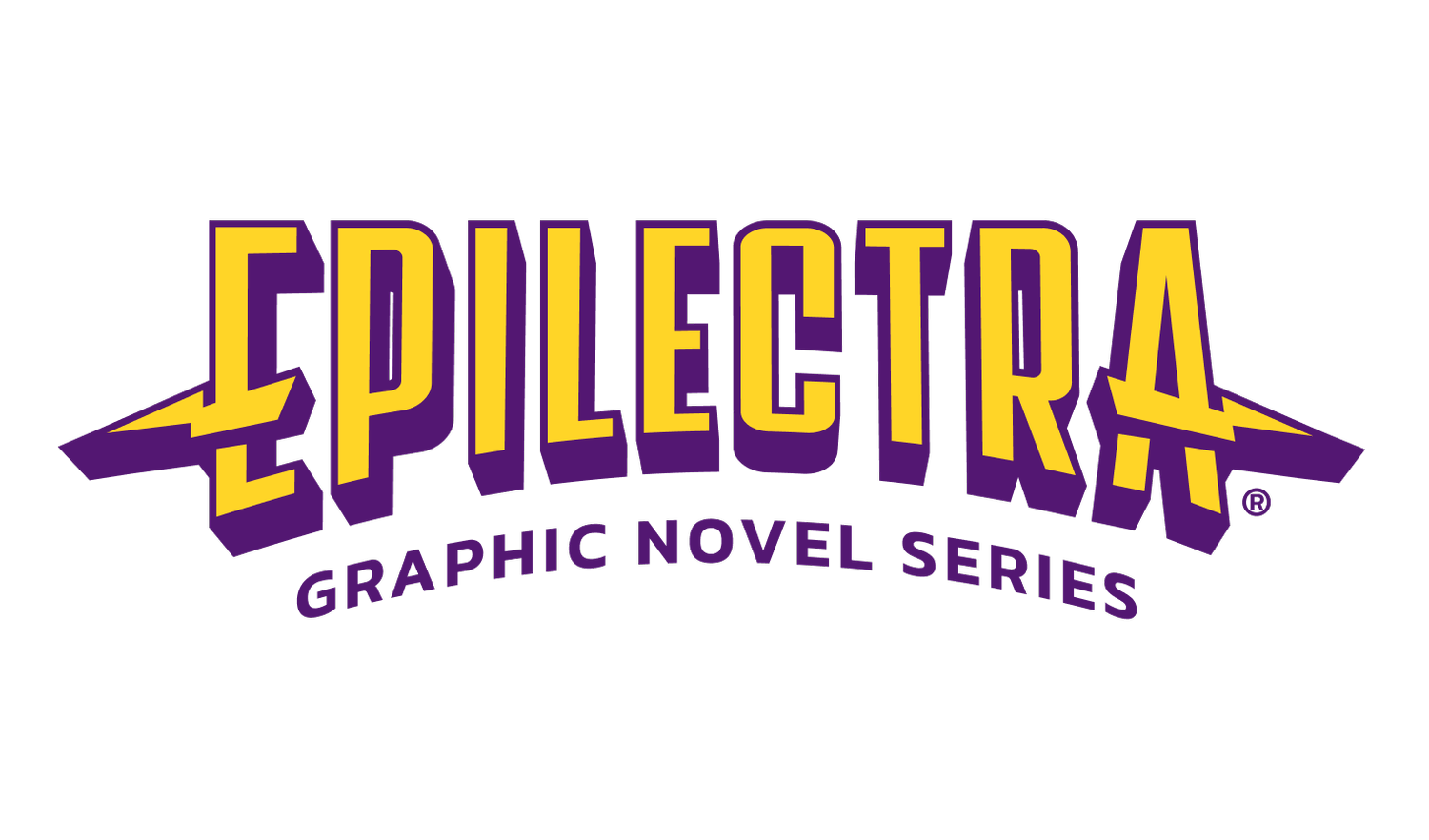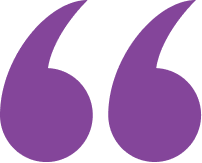
Support & Empower Everyone Zealously
Epilectra’s Nonprofit Helps People with Disabilities and Their Loved Ones
Our mission is to empower people with disabilities and their loved ones to lead productive and fulfilling lives by providing the necessary resources and support.
RESOURCES
A critical accomplishment for people with disabilities was the 1990 passing of The AMERICANS With DISABILITIES ACT (ADA), a civil law prohibiting discrimination against individuals with disabilities in all areas of public life, including jobs, schools, transportation, and all places open to the public. It ensures that people with disabilities have the same rights and opportunities as everyone.
We all have to get places, but some of us can't simply hop in our cars to get there. Here are a few alternatives.
Public Transportation, such as bus and rail services operated by federal, state, and local governments with fixed rates and set schedules, typically offer discounts of to those with disabilities. Contact the service in your area to learn if they offer a discount.
Paratransit Services are required of public transport agencies by law for people unable to use regular lines because of a disability. Eligibility requirements for use of the service is set in the ADA Act. Trips generally need to be scheduled in advance, rides often are shared with others, and providers usually require a 30-minute pick-up window.
Ride Hailing Companies, including popular ones Uber (uber.com) and Lyft (lyft.com), have made strides in accommodating people with disabilities. Uber, the larger of the two, doesn't offer discounts, but they have a WAV (Wheelchair Accommodating Vehicle) program that trains drivers how to work with passengers who have mobility issues. Lyft has a similar passenger assistance program, and they've teamed up with United Way to provide free rides through the 211* phone service for people who have difficulty using public transit, as well as with the National Down Syndrome Society, to allow riders to pay for trips with ABLE accounts.
* 211 CALLS are routed by local phone companies to a 211-calling center where a referral specialist links the caller to the service or organization that meets their need. Types of referrals offered include:
Basic human need services such as food, clothing, and housing assistance
Physical and mental health resources that cover insurance programs, Medicaid and Medicare, medical information lines, crisis intervention, support groups, counseling, and drug and alcohol intervention and rehabilitation
Work support including financial assistance, job training, and education programs
Support for older Americans including community meals, home health care, and transportation
Family support such as childcare, after-school programs, summer camps, mentoring, and tutoring
Suicide prevention referral
Restaurant delivery ("Best Food Delivery Apps" and CNET)
DoorDash (doordash.com) is available in more than 3,200 U.S. cities and has partnerships with over 310,000 restaurants. There may be delivery fees on orders, but with a monthly Dash Pass you receive no delivery fees and reduced service fees.
Grubhub (grubhub.com) is similar to DoorDash and is available in more than 2,700 U.S. cities with over 140,000 restaurant partners. You can search the app by neighborhood, restaurant, cuisine, or even a specific menu item. Though the app is free, venues may charge a delivery fee. With Grubhub+, however, a monthly fee gets you unlimited free deliveries with participating restaurants.
Uber Eats (UberEats.com), since its merger with Postmates, delivers food from three quarters of a million restaurant partners. (NYT)
Grocery and Goods delivery (Digital Trends.com)
Instacart (instacart.com) lets you shop online and have your groceries delivered to you, sometimes within the hour. Available in more than 5,500 cities, over 20,000 retailers are Instacart vendors, including Publix, Cosco, Safeway, Petco, and CVS. There are delivery fees, but Express Membership provide free delivery on orders.
A disability shouldn't keep you from learning, but it can make being in a classroom challenging. According to the Online Learning Consortium, more than 30% of college students take at least one course online and more than 15% study entirely in this manner. Here are two alternatives to classroom learning.
Affordable Colleges Online (affordablecollegesonline.org) connects students with high-quality, higher education. The site helps students identify online colleges, their programs, and even scholarship opportunities. A team that includes learning experts and disability, queer, and veteran's advocates all contribute to the site's content.
Accredited Schools Online (accreditedschoolsonline.org) gives visitors information about accredited online universities from which they can take courses and earn degrees. The site rates numerous schools on their online prowess based on tuition, financial aid, number of programs available online, student/teacher ratio, and graduation rate. It stresses to always make sure your institution is accredited, which means they meet the highest standard of excellence in student learning outcomes, academic mission, and faculty qualifications. Verify a school's accreditation status on the Department of Education website. (www.ed.gov)
When you have a disability, especially an invisible disability, it's important to wear identification that lets people know about your condition. That ID plays a critical role in letting them know what to do and what not to do in an emergency situation if you're unable to communicate.
Medic Alert (medicalert.org) is the standard in medical identification.
Lauren's Hope (laurenshope.com) is an alternative that offers a more versatile selection with bracelets that are both practical and pretty.
According to the Americans with Disabilities Act (ADA.gov, 800-514-0301), a dog qualifies as a service animal if it's trained to perform tasks for its owner that make life with a disability more manageable. Examples include warning an owner with diabetes if his blood sugar levels are too low or warning an owner with epilepsy that a seizure is imminent and then keeping her safe while it's happening. Emotional support animals are not considered service animals per the ADA. However, if the animal is trained to detect and prevent or ease a diagnosed psychiatric episode such as an anxiety attack, a case may be made for that animal to qualify. Service animals do not require a special certification. They do require up to date licenses, registrations, and vaccines.
The Job Accommodation Network (JAN) (askjan.org) is the leading source of free, expert, and confidential guidance on workplace accommodations and disability employment issues. The organization assists people with disabilities enhance their employment opportunities and guides employers on how to capitalize on the value these employees can add to the workplace. The website offers a directory of disabilities recognized by the ADA and one click opens massive amounts of information on whatever medical condition you choose to explore, including its potential workplace limitations and the ADA's required accommodations, current articles and blog posts, and links to numerous related support organizations.
Easter Seals (easterseals.com) celebrated 100 years of helping people with disabilities in 2019 and was instrumental in the passage of the Americans With Disabilities Act in 1990. Today Easter Seals offers programs that fall into four categories -- Live, Learn, Work, and Play -- across the United States. Its Work component offers a range of individualized training and job placement services to people with disabilities and other needs, helping them make informed choices and attain employment goals. It also works with businesses to assist them in attracting and retaining ideal disabled workforce candidates.
Vocational Rehabilitation USA has a rehab agency to help individuals with disabilities meet employment goals in every state. It assists individuals prepare for, obtain, maintain, and retain employment. The website (askearn.org) provides a list of states, their vocational websites, and phone numbers.
The U.S. Department of Housing and Urban Development’s (HUD.gov) Office of Fair Housing and Equal Opportunity documents the responsibility of housing providers according to Federal law. The Fair Housing Act prohibits discrimination in housing transactions by public housing agencies, property owners, landlords, real estate agents, and banks because of a disability. The Fair Housing Act also states that it is reasonable for persons with disabilities to make modifications to a dwelling to make it fully livable. HUD, under section 504, also has financial assistance programs for home buyers with disabilities.
The National Center of Health, Physical Activity and Disability (nchpad.org) was founded in 1999 to help people with disabilities and chronic health conditions achieve health benefits through participation in local physical and social activities. Their online tools seek out healthy opportunities that exist in the searcher’s community and are accommodated for the searcher’s particular disability. NCHPAD provides individualized information, referral, and consultation services not only to people with disabilities, their families, and caregivers, but also for policymakers, health care practitioners, and public health professionals through an expansive array of web-based materials and health communication endeavors. Additionally, NCHPAD conducts national training initiatives that educate service providers in inclusion.
It's healing and empowering to connect with others who share similar life challenges. Most disability foundations have local support groups. The social and support networks below only scratch the surface of what's available.
Try joining or forming a MeetUp Group (www.meetup.com). This worldwide, internet-based, group-forming service has a multitude of disability-oriented groups already in place. If you can't find one that's in your area that meets your needs, it's easy to start your own. Before long you'll be surrounded by like-mined souls wanting the same thing.
The Invisible Disabilities Association (InvisibleDisabilities.Inspire.com) hosts an online private and confidential support network that has more than 1.2 million members. Don't let that number overwhelm you. As part of this group, you receive information, encouragement, and hope from people who understand what you're going through. You also control who sees your posts and can easily search for friends in your area with whom you can form a more intimate support community.
Sometimes you just need to talk with someone to get help through difficult times and develop strategies for moving forward, accomplish goals, and feel better about yourself. For this, consider seeking out a therapist, preferably one with expertise in chronic health issues. Many insurers pay at least in part for therapy (check first), and it's worth the copay. Your specialist or internal medicine doc should be able to give you a few good referrals.












